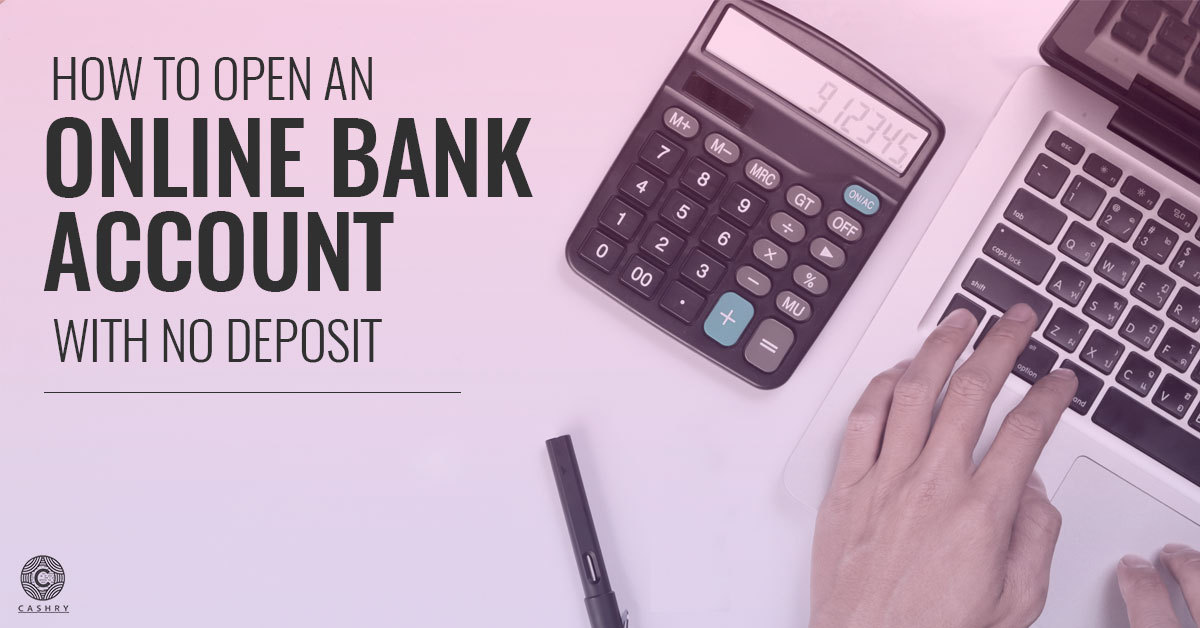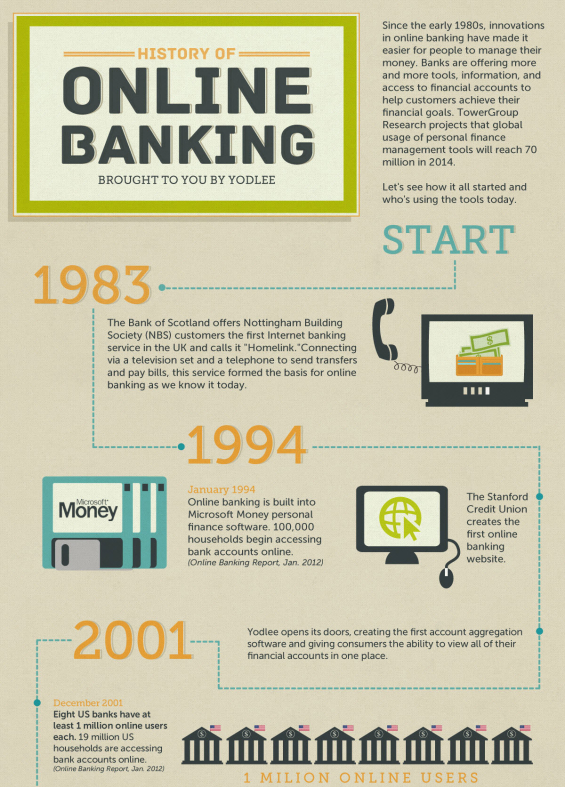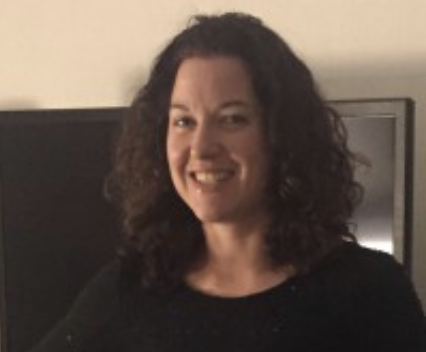How to Open an Online Bank Account with No Deposit

A bank account may be something you never think about. You may already have one, but maybe you do not. I remember the old days of banking when you had to go into the bank for everything. Now, it is so much easier. You can handle all of your banking needs online, even opening a new account. There once was a time when you had to put money into an account to open it. That is also no longer that case. Now, you can open a brand new bank account online with absolutely no money. Continue reading to find out how and so much more.
Do I Need a Bank Account?
You will probably need a bank account soon. If you have managed to survive this long without one, I am shocked. Unless, you are a teenager that has not started working. Bank accounts have become more than a place to safely place your money. If you have a job, your employer can deposit your paycheck directly into your bank account. Trust me, that is way better than taking a check to the bank on a regular basis. It was the greatest thing in the world when I could have my check automatically deposited into my bank account.
Most often, you need a bank account to get any type of credit. That can even include getting car insurance or renting an apartment. It honestly makes your life much easier when you have a bank account. Now, you are able to open a new bank account with no deposit. Every day it seems we move closer to a cashless society. Soon you will not be able to function without having a bank account.
Why Should I Open an Account Online?
The simple answer is because you can and it is so easy. Thanks to the internet, we are no longer limited by physical location. In the past, you had to pick a bank that was in walking or driving distance from you. Once upon a time, your only options were brick and mortar banks. They are banks that had a physical location for you to walk into. Thankfully that is no longer the case. Now, there are online only banks. They are banks that do not have a physical location. All of your banking business is handled online.
For people like me, that is the greatest thing ever. I realize there are some out there that still want to walk into the bank and talk to a teller. For those people, there are banks that have the option to bank online or in person.
Online banking often offers higher interest with savings accounts and lower fees. Online banks do not have as much overhead costs and they pass those savings along to their customers. Banking online makes it super easy to pay bills online. You can even schedule them, so you do not have to remember to do anything. It is also easy to open an online bank account with no deposit.

Two Steps You Need to Take to Open an Account Online
Step 1 – Pick A Bank
The first and probably most difficult step for you to open a bank account with no deposit is picking the bank. There are quite a few options available to you, more than ever. There are some things you should be mindful of when selecting a bank that may make it easier for you to decide. Obviously, it is important that you do not need a deposit to open the account. Pay attention to the monthly fee schedule, if there are any. You should look for a bank that does not have a maintenance fee. It is important that you make sure you can transfer online to and from the account. Verify that you can have money directly deposited into the account. These are key features to an online bank account.
If you do not have them, you will regret it at some point. Make sure you know where you can withdraw money. Many online banks have select locations where you can use an ATM. Another feature you should look for is the interest rate tied to a saving account. You may want to open both a checking and savings account at the same bank.
Step 2 – Fill Out Application
Once you select the bank, now all that is left is fill out the online application. Once you go to the website of the bank you select, the application button is easy to find. Banks usually make sure it is in a place where you can easily find it. They know that there are many options available to you. They do not want to lose a customer because the application button was hard to find. Typically, you must provide identifying information like your name, address, date of birth, and social security number. You may have to provide your drivers license number and the state in which it was issued. Since it is an online account, you need an email address and possibly a text enabled phone. Each bank is a little different and their requirements vary.
Even though you are opening a bank account with no deposit, you have to put money into the account at some point. The bank wants you to provide that information to them. You may need to provide a credit card or debit card number. They may allow you to make a mobile deposit. If you have an existing account, you most likely can transfer money from that account. That is basically it. Once you complete those steps, you have a new online bank account. Simple, right?
What Happens If I Owe the Bank Money?
You might be surprised to find out that this happens to a lot of people. Owing money to your own bank is the reason many people close an account. One of the most common ways this happens is by over drafting your account. A common way this happens is a person writes checks and uses a debit card for several transactions. If you forget about the checks that have not cleared and then use your debit card thinking you have money in the bank and then the checks hit the bank. Your bank may pay the entity cashing the check but then your account goes into the negative. This means that any time any of your money hits your account, the bank takes it. They continue to take it until they pay themselves back.
Also, do not forget the fees. Typically, the bank has piled fees on top of the money you already owe them. They may charge you a fee for every day you are negative. Those fees add up fast and you drown quickly. Often, as the bank is taking your money, you have other bills that are not getting paid. Or you are attempting to pay those bills with checks that are cashed which only adds to your already negative balance.
See how it gets out of control quickly? Often, people get frustrated and close their account, or stop any more money from going into that account. By the way, that does not resolve the problem of the money you owe the bank. Bottom line, do not owe money to your bank.
What Is Financial Literacy?
Now is probably a good time to mention something called financial literacy. It is an important tool, but one many people do not have. It is having the knowledge and understanding of money and how it works. It also means applying it to your personal finances. This includes having a concept of how you make and spend your money. It is also an understanding of how you should save and invest your money. It also means using resources to make sound financial decisions such as opening a bank account with no deposit.
Financial literacy includes having a basic understanding of your income taxes. You should also have and understand your own budget allowing you to meet your expenses. This enables you to make smart financial decisions about your money. These skills also provide you the knowledge to pay off debt and save for your future. It is never too late to learn financial literacy. It is something that benefits you at any stage of life. There are many organizations and financial counselors available to help you find your starting point.
How Can I Save Money?
It is important that you save money. You should focus on both short term and long term savings.
- Short term savings is intended for emergencies
- Long term savings is for the future, like retirement.
For short term savings, you should have about six months of household expenses in a bank account for emergencies. When you have to use it, be prepared to replenish it as soon as possible. There are many benefits to an emergency fund. It is the best way to make sure you are prepared for whatever might happen. It can help reduce your stress in those emergencies.
The first step is to create a budget. I will talk more about that in just a minute. While the goal is to have enough money to cover six months of bills, you have to start smaller than that. You need to look at your paycheck and figure out how much you can save from each one. You could open a bank account with no deposit and start putting money aside into that account. Once you know how much money you can save, set it up so that money automatically goes into that bank account each paycheck. This way, you do not see the money and it is already put into a savings account for you. This makes saving money a little easier.
That Budget Thing
I know that often people hear the word budget and cringe. It is not something people often want to discuss. I am suggesting that you change the way you think about a budget. This is your chance to take control of your finances, instead of letting them control you. There are many apps and websites designed to help you create a budget. You do not have to figure it all out by yourself. Once you determine the items on which you are spending money each month, you can then change your spending. You are not able to change your spending if you do not know how you are spending.
Once you remove items you do not use or need like that gym membership you have not used in a year, you can see how much you have left to save. Open up a bank account with no deposit and have a certain amount of money go directly to that bank account each pay check. That is an easy way to instantly begin to save money.
What If I Need A Loan?
No matter how financially aware you might be, there still comes a time when you need a loan. Saving money in a bank account with no deposit may not give you enough of a cushion for when an emergency arises. If you maintain good credit and a low debt to income ratio, you can easily get personal loans for anyone. Often in those times, you feel desperate and make emotional decisions when it comes to money. I caution you against this. You always want to ensure you are making sound decisions, especially if you need a loan. Do not fall in the trap of bad credit loans or tiny cash advance loans, no matter how tiny they may seem. Always be sure you understand the terms to which you are agreeing.
Is All Debt Bad?
No, all debt is not bad. There is some good debt, especially if it is enhancing your financial prospects. For example, a mortgage is an example of good debt. It is helping you to acquire an asset that makes money. It is also helping you get a tax deduction. These are all benefits to taking on increased debt. However, it is up to you not to abuse your debt and turn it into a bad thing. You could even imagine handling your debts and increasing your income at the same time. Taking out more loans than you can afford to pay are bad debts.
For instance, taking out a loan so you can buy a bigger television may not be good use of debt. Instead of taking on more debt, you could open a bank account with no deposit and begin to save money for the things you want like new furniture or televisions.
What About My Credit?
I know I have not talked much about credit, yet.
This is another subject few people like to discuss. They always think it is bad news. However, just like a budget, this is something you need to understand so you can be in control. Your credit impacts everything you want to do. It can even impact your ability to open a new bank account with no deposit. It is not always a factor but it can be. Your credit score indicates how much of a risk you are to lenders. Banks may feel that if your credit score is too low, you may be a risk for them, too. They may be concerned that you will overdraw your account and close your account with a negative balance.
The lower your credit score, the harder it is for lenders to approve you for loans, insurance, even apartment rentals. That three digit number impacts more of your life than you may realize. If it is too low, you can really hurt your chances of getting a house, or a car. You should work hard to protect your credit.
How Can I Improve My Credit?
If you know you have less than perfect credit, do not despair. There are ways you can improve it. It does take consistent effort, but it is possible to improve your credit. First, you should pull your credit report and know what is on it. If there are any errors, fix them immediately. This is a great way to improve your credit rating. Plus, you want to make sure the information is correct. You should understand why you credit score is what it is. Do you have too much outstanding debt? Do you now have enough credit? Perhaps you have made late or missed payments. This is one of the leading causes of a poor credit score.
You need to make sure you pay all your bills on time and in the amount that is due. You should also begin to decrease the amount of debt you have by paying off as much of it as you can. A good way to begin to do this is open a new bank account with no deposit and save money in it. As you begin to save money in this account, you can pay your bills from this account and work towards paying them off faster.
Conclusion
Today is the age where you can find just about anything online. The world is literally at your fingertips. This is also true for banking. You can open an online bank account with no deposit in a matter of minutes. You are no longer limited by your physical location. Banks are working harder to gain new customers and provide more service online. With just a little bit of research, you can find the best online bank for you. You do not have to settle. There are so many banks available, you can find the one to fit your needs no matter what they are. Make sure you do a little bit of research to find a bank that does not charge you fees, but allows you to collect interest on your money.


Julia Peoples is a long-time business manager focused on providing decision making assistance to the public. She works with people at key points of their lives who are making important retirement and financial decisions. She has had many articles published that educate the public on sound financial decision making.
Julia writes for those who are working towards financial freedom or a better understanding of how finances work. She has shared her financial insights with individuals on a one on one basis for years.

